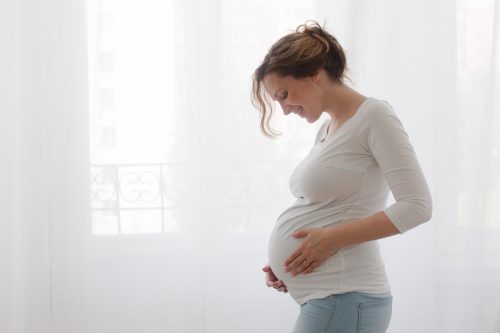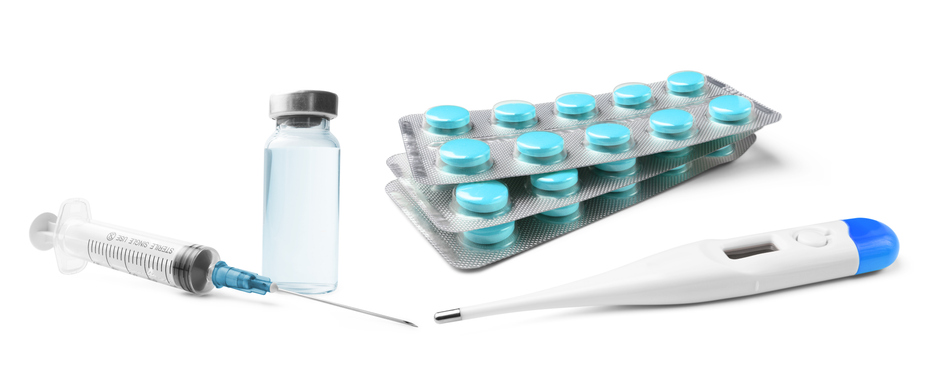
Women whose pregnancies last at least 34 weeks may reduce their risk of breast cancer, according to findings from a new study.
Researchers assessed 2,311,332 Danish women (3,275,559 childbirths) and followed each woman for an average of 20 years. A total of 61,349 (2.7%) of women developed breast cancer.
Women younger than 30 years old who gave birth reduced their long-term breast cancer risk for the first childbirth (on average 5.0% [95% CI: 2.1% to 7.8%]), second childbirth (on average 6.4% [95% CI: 3.9% to 8.8%]), and third childbirth (on average 9.4% [95% CI: 6.4% to 12.2%]). There was no statistically significant reduction in long-term breast cancer risk for childbirths at age 30 or later (first birth: −8.7% [95% CI: −12.8% to −4.8%], second birth: 3.4% [95% CI: 0.7% to 6.0%], third birth: 5.3% [95% CI: 2.7% to 7.8%]).
Younger women whose pregnancies lasted longer significantly reduced their risk of breast cancer. Pregnancies ≤ 33 weeks were not correlated with long-term risk reduction (on average 2.3% [95% CI: −10.0% to 13.2%] risk reduction per birth), but pregnancies ≥ 34 weeks significantly reduced breast cancer risk (on average 12.9% [95% CI: 11.4% to 14.3%] risk reduction per birth). Stillbirths were also associated with reduced breast cancer risk, if delivery took place at week 34 or later.
Researchers also analyzed a similar cohort of 1,635,839 Norwegian women (2,420,518 pregnancies), of which 24,095 developed invasive breast cancer during the study period. In the Norwegian cohort, pregnancies that lasted ≤ 33 weeks were associated with a 2.9% risk reduction (95% CI: −7.7% to 12.6%), and pregnancies lasting ≥ 34 weeks with a 14.5% risk reduction (95% CI: 13.1% to 15.8%).
“When we combined the Danish and Norwegian cohorts, the reduction in long-term breast cancer risk associated with early childbirth was 2.4% (95% CI: −5.6% to 9.7%) for pregnancies lasting 33 weeks or less and 13.6% (95% CI: 12.6% to 14.5%) for pregnancies lasting 34 weeks or longer,” the researchers wrote.
Of their findings, the study authors concluded, “This suggests that a specific biological effect operating around week 34 of pregnancy induces long-term breast cancer protection.”
Post-Menopausal Weight Loss Linked to Reduced Breast Cancer Risk
Study Finds Mutant Genes Linked to Severe Breast Cancer
Weight Loss May Lower Breast Cancer Risk in Older Women
Perception matters: Stressful life events increase breast cancer risk
Source: Nature Communications







 © 2025 Mashup Media, LLC, a Formedics Property. All Rights Reserved.
© 2025 Mashup Media, LLC, a Formedics Property. All Rights Reserved.